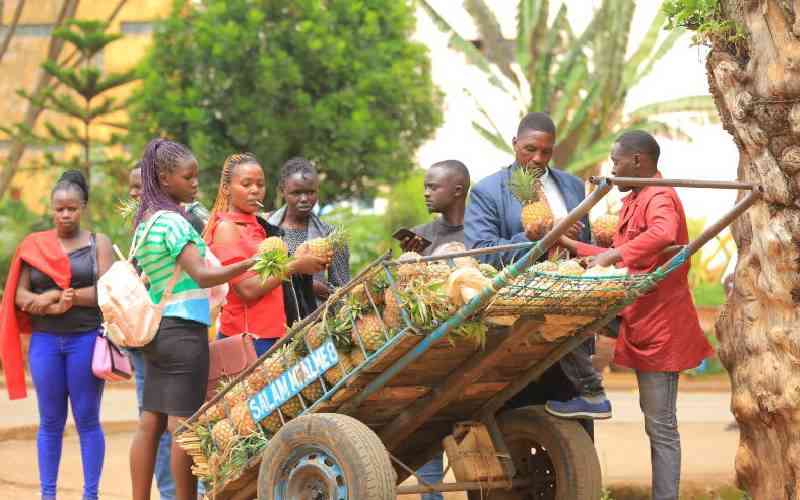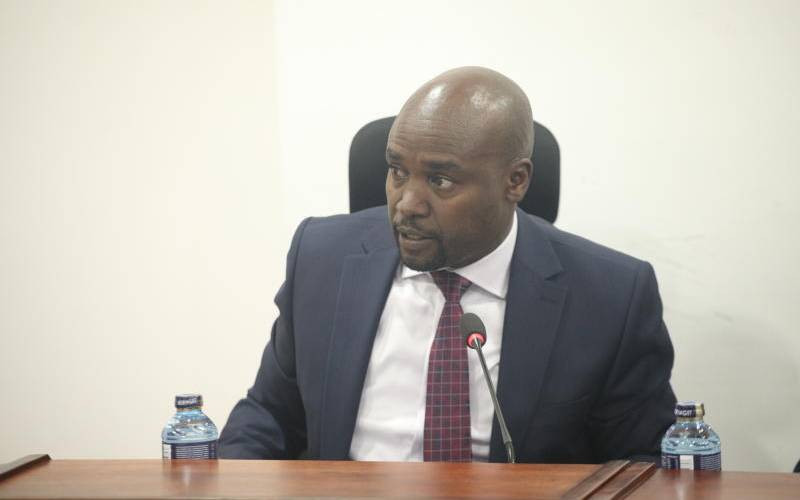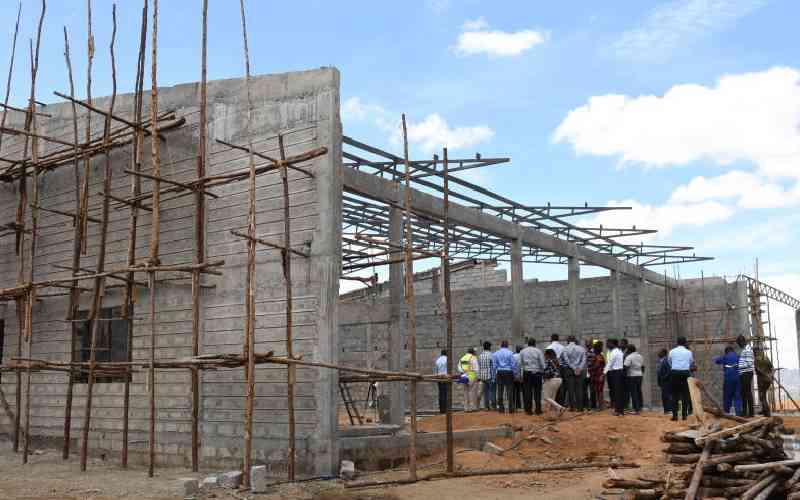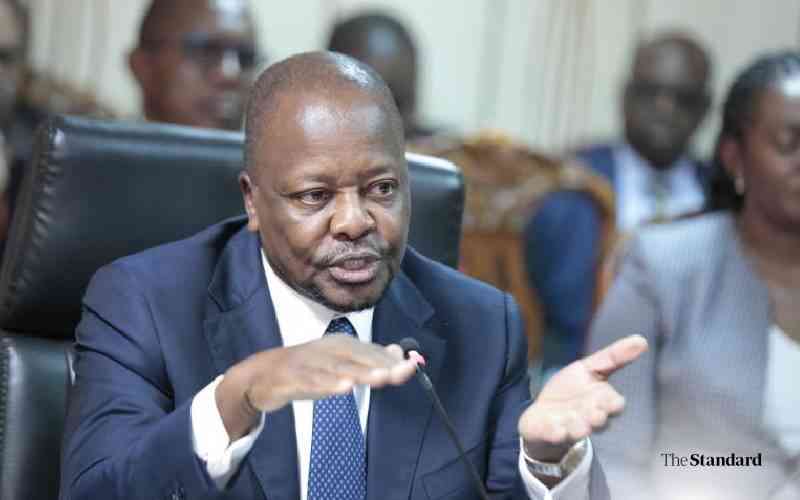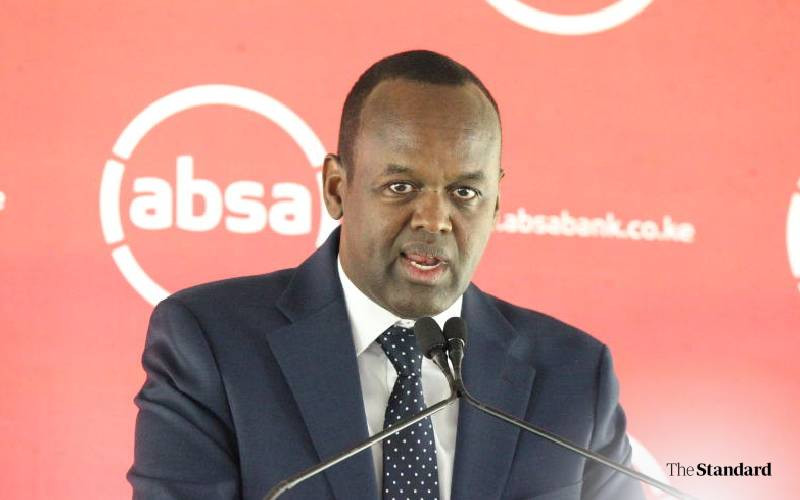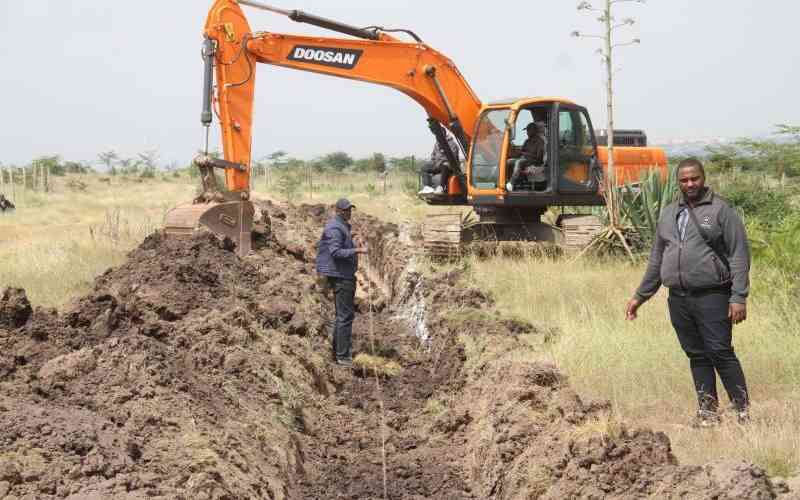
For many in the diaspora, investing in land back home is not just a financial decision but a deeply emotional one. It represents a connection to one’s roots, a sense of security, and often, the fulfilment of a long-cherished dream.
However, the process of purchasing land remotely has historically been fraught with challenges, from lack of transparency to outright fraud.
Fortunately, technology is changing the game, offering innovative solutions to make land transactions more secure and efficient for diaspora communities.
Gone are the days when prospective buyers had to rely solely on photos or second-hand descriptions of properties. With advancements in virtual reality (VR) and 360-degree video tours, potential landowners can now experience an immersive view of properties from the comfort of their homes. These technologies allow buyers to virtually “walk” through plots of land, inspect their surroundings, and make informed decisions without stepping foot on the property.
For instance, real estate platforms can integrate drone footage with VR to provide aerial views of the land and its exact location relative to key landmarks. This ensures buyers get a comprehensive perspective and helps build confidence in their purchase.
Blockchain technology is emerging as a revolutionary tool in real estate, particularly for land ownership verification. By using blockchain, land records can be stored securely and transparently, ensuring that property titles are tamper-proof and verifiable.
For diaspora investors, this means fewer chances of falling victim to fraudulent deals or duplicate land sales. Governments and private entities are increasingly adopting blockchain to digitise land registries, providing a centralised platform where buyers can confirm ownership details before making any payments.
Digital mapping tools and Geographic Information System (GIS) technology have made it easier for buyers to locate and assess the value of land remotely.
Platforms like Google Earth and GIS software allow users to view satellite imagery of properties, assess terrain, and evaluate proximity to infrastructure such as roads, schools, and hospitals. In addition, these tools can provide valuable insights into zoning regulations, land use policies, and environmental considerations, enabling diaspora buyers to make more strategic investments. The traditional reliance on intermediaries often leaves diaspora buyers feeling disconnected from the process. Video conferencing tools such as Zoom, Microsoft Teams, and Google Meet now make it possible for buyers to engage directly with property developers, agents, and legal representatives in real-time. This direct communication ensures transparency and allows buyers to ask questions, clarify doubts, and build trust with all the parties involved.
Diaspora buyers often face challenges with payment methods, from high transfer fees to delays in processing. Digital payment platforms like PayPal, Stripe and M-Pesa provide secure, fast, and cost-effective ways to transfer funds.
Additionally, cryptocurrencies like Bitcoin are increasingly being adopted as alternative payment methods. Bitcoin allows for fast, borderless transactions with lower fees compared to traditional payment systems, making it an appealing option for diaspora buyers.
Some real estate companies have even begun integrating escrow services into their payment processes. Escrow accounts hold the buyer’s funds until all conditions of the sale are met, reducing the risk of fraud. For diaspora investors looking to rent out or develop their land, property management apps offer end-to-end solutions. These platforms allow owners to monitor construction progress, manage tenants, and handle maintenance requests remotely.
Features such as photo updates and automated alerts ensure that buyers stay informed about their property’s status at all times. Conducting legal due diligence from abroad can be a daunting task. LegalTech platforms are simplifying this process by offering services such as title deed verification, contract drafting, and online dispute resolution.
By partnering with reputable LegalTech firms, diaspora buyers can navigate the complexities of land acquisition with greater ease and confidence. While technology is a powerful enabler, its effectiveness ultimately depends on the integrity and professionalism of the real estate stakeholders involved.
We are leveraging these technological advancements to provide diaspora communities with reliable and transparent solutions for land acquisition.
The writer is a member of the council at Kenya National Chamber of Commerce and Industry
 The Standard Group Plc is a multi-media organization with investments in media
platforms spanning newspaper print operations, television, radio broadcasting,
digital and online services. The Standard Group is recognized as a leading
multi-media house in Kenya with a key influence in matters of national and
international interest.
The Standard Group Plc is a multi-media organization with investments in media
platforms spanning newspaper print operations, television, radio broadcasting,
digital and online services. The Standard Group is recognized as a leading
multi-media house in Kenya with a key influence in matters of national and
international interest.
 The Standard Group Plc is a multi-media organization with investments in media
platforms spanning newspaper print operations, television, radio broadcasting,
digital and online services. The Standard Group is recognized as a leading
multi-media house in Kenya with a key influence in matters of national and
international interest.
The Standard Group Plc is a multi-media organization with investments in media
platforms spanning newspaper print operations, television, radio broadcasting,
digital and online services. The Standard Group is recognized as a leading
multi-media house in Kenya with a key influence in matters of national and
international interest.


